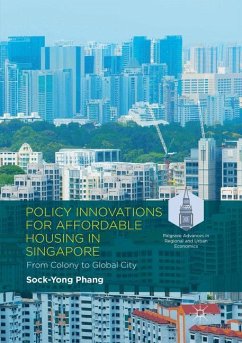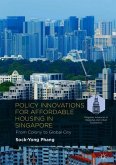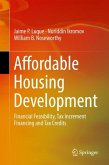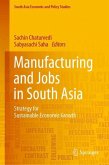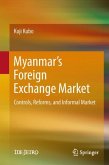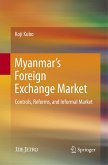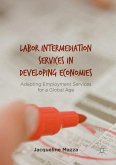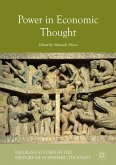Global cities today are facing fundamental challenges in relation to unaffordable housing and growing economic inequality. Singapore's success in making homeownership possible for 90% of its population has attracted much attention internationally. This book represents a culmination of research by the author on key housing policy innovations for affordable housing.
Housing policy changes were effected in the 1960s through reforms of colonial legislation and institutions dealing with state land acquisition, public housing, and provident fund savings. The comprehensive housing framework that was established enabled the massive resettlement of households from shophouses, slums and villages to high-rise government-built flats. In the 1980s and 1990s, housing market and land use regulations were amended in response to the changing needs of a growing economy.
Housing policies have also been utilised to curb housing speculation, build racially inclusive communities, and reduce wealth inequality. More recently, an ageing population of homeowners has necessitated focus on policies for housing equity extraction. This landmark title is of relevance to all developing economies exploring alternative systems of affordable housing.
Housing policy changes were effected in the 1960s through reforms of colonial legislation and institutions dealing with state land acquisition, public housing, and provident fund savings. The comprehensive housing framework that was established enabled the massive resettlement of households from shophouses, slums and villages to high-rise government-built flats. In the 1980s and 1990s, housing market and land use regulations were amended in response to the changing needs of a growing economy.
Housing policies have also been utilised to curb housing speculation, build racially inclusive communities, and reduce wealth inequality. More recently, an ageing population of homeowners has necessitated focus on policies for housing equity extraction. This landmark title is of relevance to all developing economies exploring alternative systems of affordable housing.

